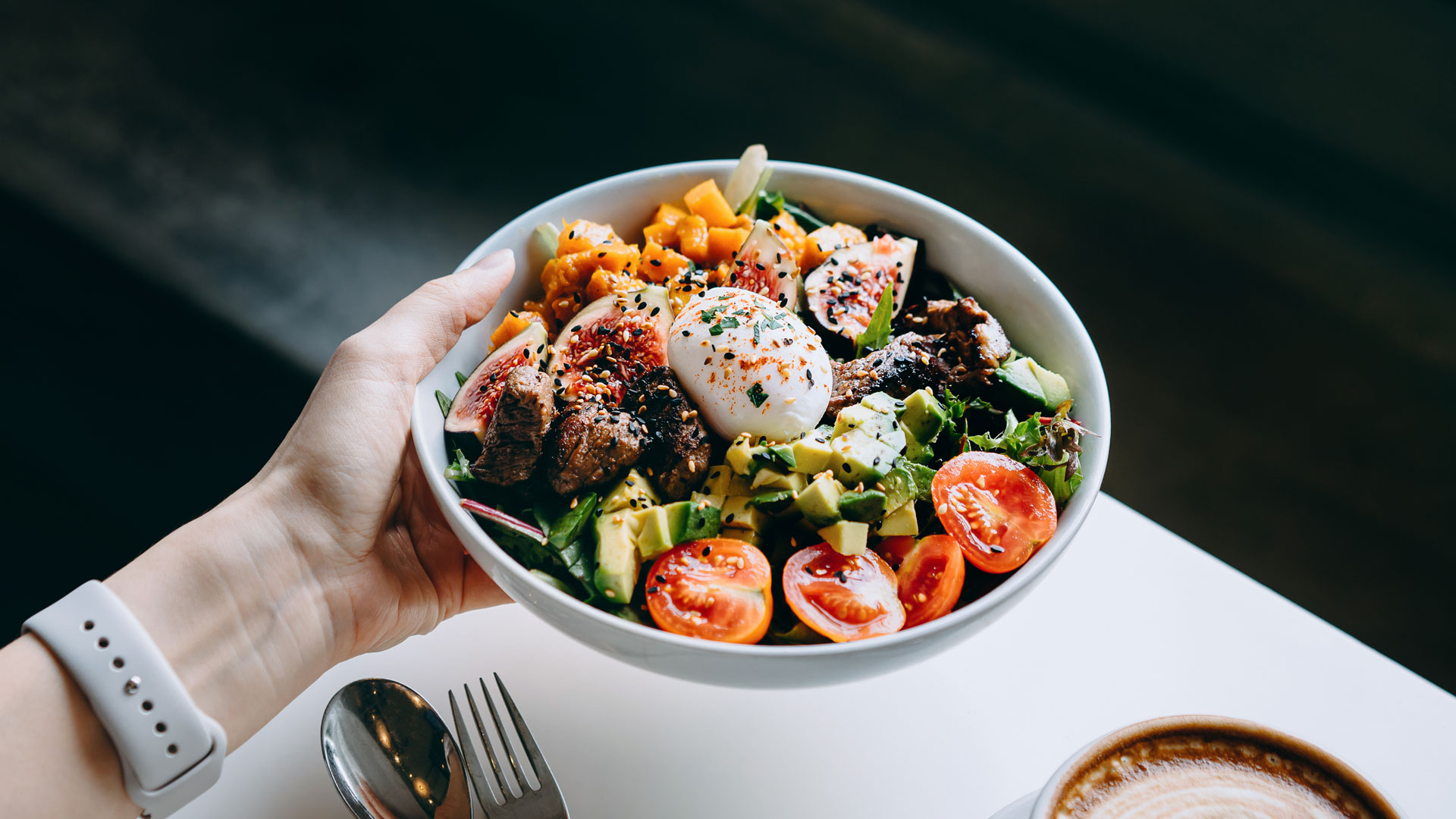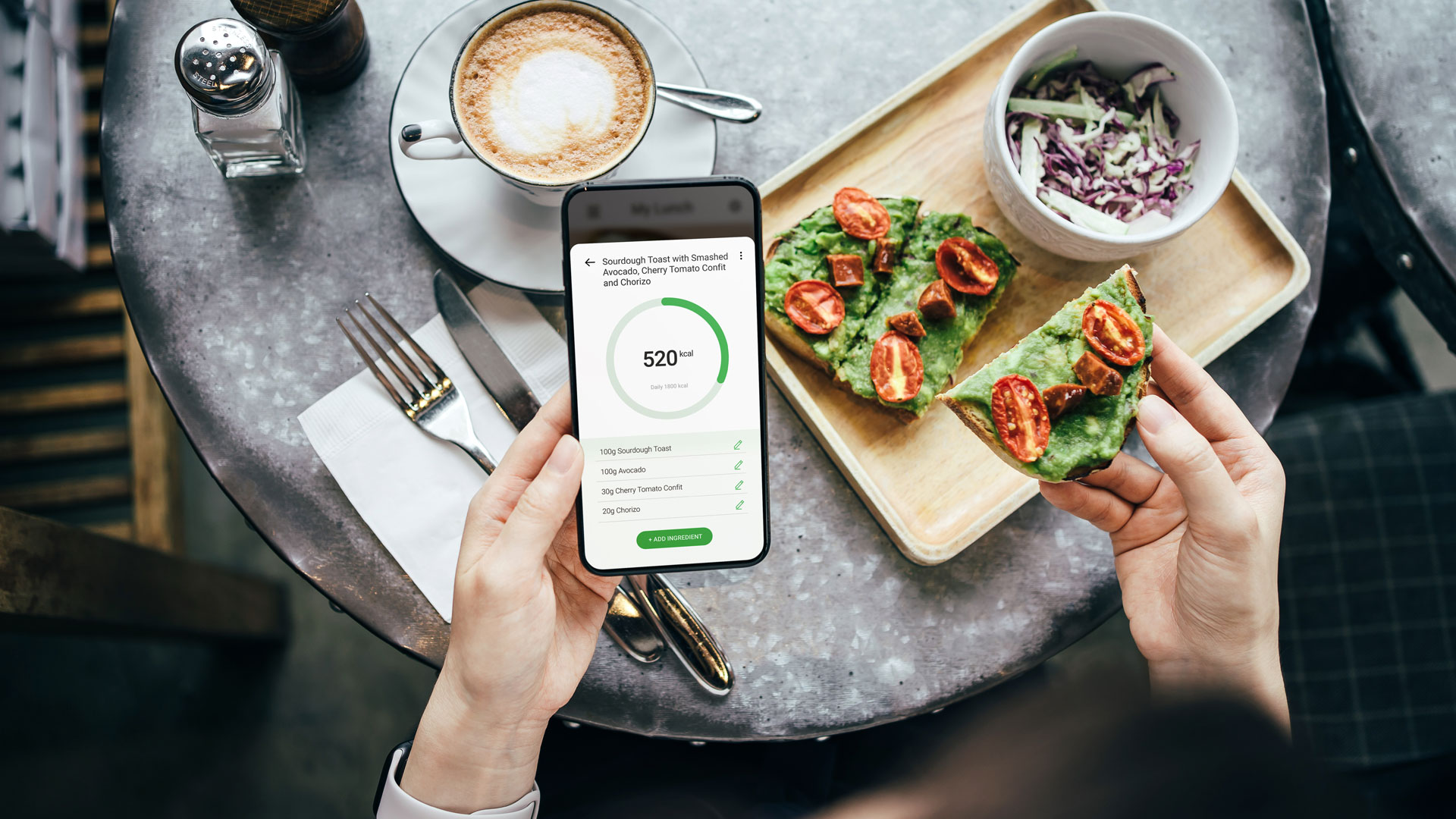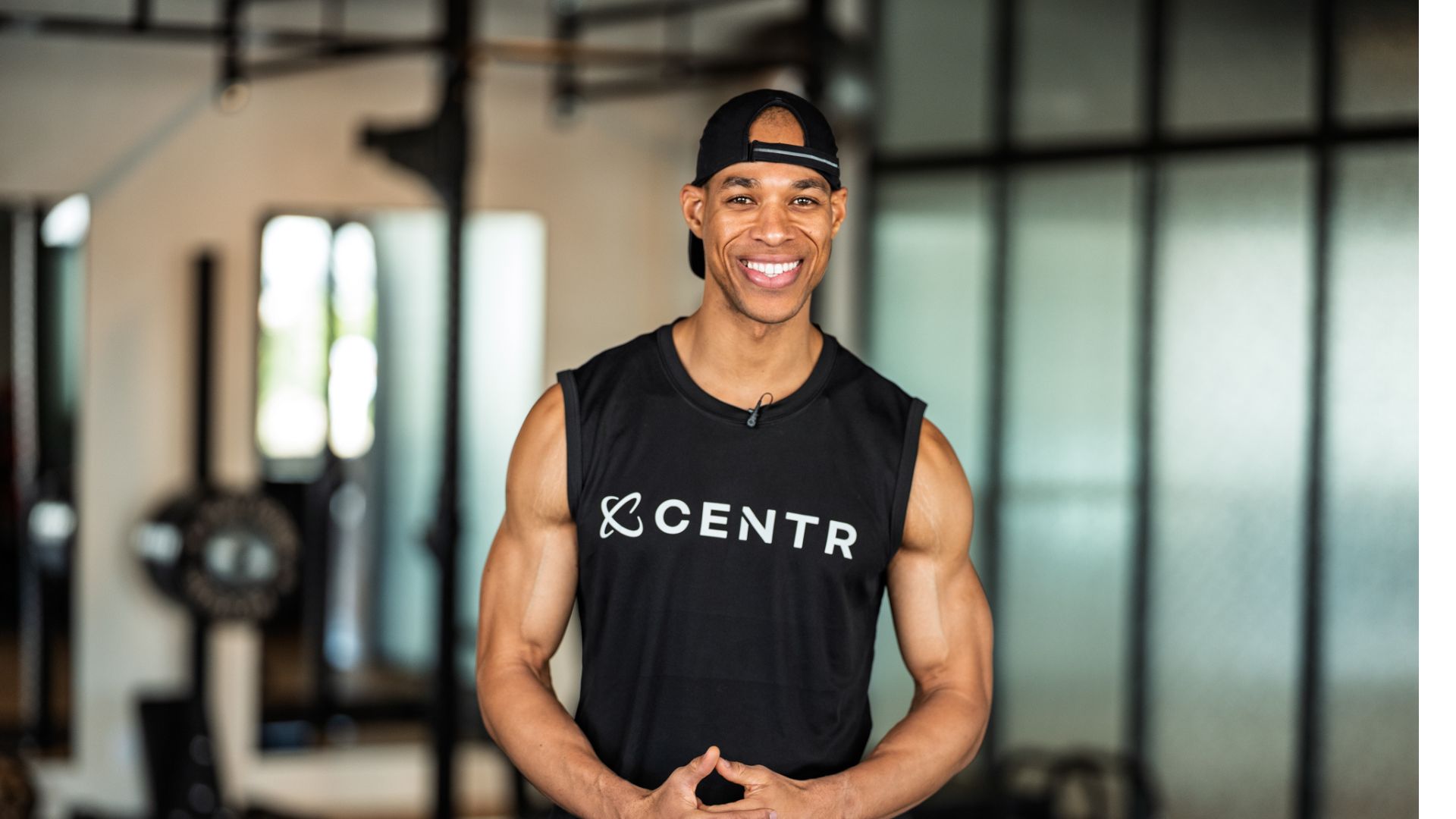Fat loss workouts: what to eat to stay full for longer
Trying out fat loss workouts? These are the best food choices for to keep you fuller for longer

You may be wondering how to eat to fuel up for fat loss workouts. There are lots of tips, tricks, and advice thrown around, and it can be difficult to determine which of these have a scientific basis and which are a fad or popularized diets that do not lead to long-term results.
Whether you’re curious to try the best protein powder for weight loss, or simply want to know which foods can help your fitness goals, we’ve got you covered.
Fat loss workouts: What is a calorie deficit?
You have probably come across the term ‘calorie deficit’ and wondered if it is a legitimate tool for weight loss, or just another buzz word. Putting your body into a calorie deficit is quite simple; you consume less energy than your body is using, leading to overall weight loss as your body uses stored fat to make up for the calories it isn’t getting from food. When combined with effective exercise, as seen in our article the best exercise machines to lose weight, and nutritionally balanced meals, weight loss can be achieved steadily and maintained.
You can calculate your body’s caloric requirement by entering your age, sex, height, weight, and activity level into a calorie calcultor. This will tell you your body’s calorie requirements and you can then calculate your deficit by subtracting 300-500 calories from that number. For instance, a body that requires 2,000 calories will go into a calorie deficit when consuming 1,500-1,700 calories a day, and you will begin to lose weight. If you think of a pound of fat in terms of calories, you would need to consume 3,500 calories to put on a pound, so by that logic, you can lose a pound per week when you are in a 500 calorie deficit each day. However, it is important to remember that weight loss is not a straight line; some days the number on the scales will be higher and some days it will be lower, but if you focus on the overall trend of those numbers, you should see a steady decrease in weight over time.
Most phones now come with built-in health apps that will help you track your calorie intake, and you can also track by looking at the nutritional information on the back of a food packet, or buying a calorie-counting book. You need to effectively track the number of calories you are consuming so that you can stick to a number that keeps you in a deficit.

Fat loss workouts: food as fuel
Not all calories are created equal; the quality of the nutrition you consume while in a calorie deficit is vital; you are eating fewer calories, so the foods you do eat need to be satisfying, nutritionally dense, and able to fuel you up for fat loss workouts. Make an effort to experiment with flavors and textures, and eat a wide variety of foods while still maintaining your calorie deficit. This makes it easier to curb any cravings and keep your motivation levels up, as your diet is diverse and you are less likely to get frustrated with it. We spoke to registered dietician, Cristy Dean BSc MSc, who said: “Picking the right foods can help ward off hunger, lead to eating less and making more sensible food choices at your next meal. This is an important factor when looking to maintain a calorie deficit and overall weight management.”
Complex carbohydrates will give you a steadier release of energy than if you eat simple sugars, as these cause your blood sugar levels to peak and crash, leaving you tired and irritable. This is known as a ‘sugar rush’ and can negatively affect motivation, mood, and energy levels, according to research. Complex carbohydrates such as brown rice or oatmeal take longer for the body to break down and extract energy from, therefore the release of energy is steadier and they are better for supporting fat loss workouts and overall long-term fat loss.
Get the Fit&Well Newsletter
Start your week with achievable workout ideas, health tips and wellbeing advice in your inbox.
Complex carbohydrates usually contain a lot of fiber, which will keep you feeling satisfied for longer. Dietary fiber is important not only for your digestive health, but to keep your cravings and hunger at bay when you are eating fewer calories overall. High-fiber foods, such as beans or vegetables will fill you up as they add bulk to your digestive tract, giving you that feeling of being full and satiated. It is not necessary or comfortable to feel hungry in a calorie deficit, and it is worth eating plenty of fiber for your overall motivation and mood.
It is also worth remembering that simple sugars in the form of liquid calories, in particular, are not ideal when trying to maintain a calorie deficit, as your body processes liquid and solid calories differently, so you will not feel satiated by a drink in the same way as you would with a snack or meal. Research indicates that it is much better to eat an apple or two for 50 calories each than a can of cola for 130.

Fat loss workouts: recovery
After your fat loss workout, you’ll want to be eating lots of protein to aid your muscular recovery. Protein is the macronutrient that our bodies use to build new cells and repair damage.
While you can buy protein powders to boost your intake, you can also get plenty of lean protein from sources such as fish, chicken or plant-based alternatives. Research shows that protein is filling, similar to dietary fiber, so the more you eat, the easier it will be to stay in your calorie deficit, as well as feeding your body’s growth and repair. Dean said on this topic: “High protein foods are particularly satiating, as ingestion directly affects the levels of satiety hormones circulating in the body.”

Lou Mudge is a Health Writer at Future Plc, working across Fit&Well and Coach. She previously worked for Live Science, and regularly writes for Space.com and Pet's Radar. Based in Bath, UK, she has a passion for food, nutrition and health and is eager to demystify diet culture in order to make health and fitness accessible to everybody.
Multiple diagnoses in her early twenties sparked an interest in the gut-brain axis and the impact that diet and exercise can have on both physical and mental health. She was put on the FODMAP elimination diet during this time and learned to adapt recipes to fit these parameters, while retaining core flavors and textures, and now enjoys cooking for gut health.
-
 I do these two things every day to stay fit and healthy, says the newest star trainer on Chris Hemsworth's fitness app
I do these two things every day to stay fit and healthy, says the newest star trainer on Chris Hemsworth's fitness appHere's how Centr's Korey Rowe trains for longevity
By Sam Rider Published
-
 I thought sports weren't for me, until I realised they're a game-changer for ticking off cardio
I thought sports weren't for me, until I realised they're a game-changer for ticking off cardioI swapped HIIT and running for tennis—and I've never felt better
By Alice Porter Published